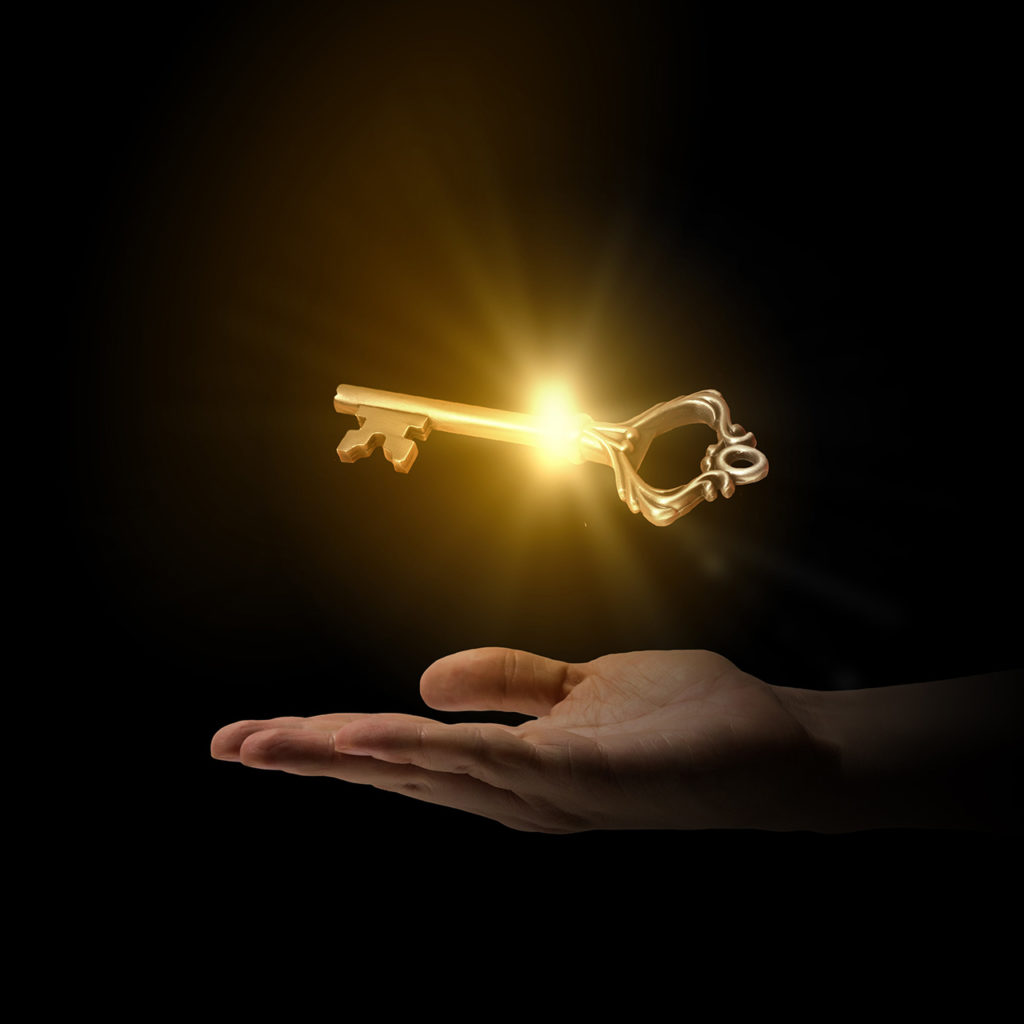by Blaine Cochran
“Find your golden key at the end of the rainbow, take your golden key and search for its lock.” -Jeff Johnson
Mindset… You’ve probably heard that word before, but have you given it much thought as it relates to you and your everyday life? Our mindset might be the most important thing about us. Simply put, it informs everything we think, say and do. It has been defined as an established set of attitudes, but let’s dig deeper.
A mindset is made from the stuff that makes us who we are — our sociology of knowledge, our relationships and all the lessons that shape our attitude. The formation of our mindset and the influence it has in our lives is an organic phenomena. We didn’t think about forming a mindset, it just happened. We don’t typically think about how our mindset influences our interaction with our environment either, but it affects everyone around us. Mindset externally represents what goes on inside of us. In other words, the beliefs that guide our thoughts determine how we affect our circle of relationships: family, friends, work place or any group we hang out with. Arguably, our mindset is the most important thing about us in relationship to the world around us.
If a growth mindset was one side of a coin, self-awareness would be the other. You can not have one without the other. Self-awareness facilitates a good mindset and a good mindset exemplifies self-awareness.The root of a healthy mindset is self awareness and the majority of people think they have self awareness, but do not!
The root of poor self awareness is found in numerous false beliefs and stem from various sources in us like the over evaluation of one’s opinion, a lack of life experience, pride in our own intellect vs awareness of our limitations, emphasis on how we appear to others, or even some type of undiagnosed pathology.
I’m smarter…
I’m better…
I’m above them…
I’m above this…or that
Of course none of us purely planet-born people are completely self aware. We have all stuck our foot where our mouth is. We have all missed opportunities to aid or come alongside those in need because we failed to realize how we were needed in the moment.
A lack of self-awareness coupled with a fixed mindset causes us to aim too low. Divine opportunities are lost when we’re guided by the wrong agenda and led by a fixed — blindly limited mindset.
~Blaine Cochran, ICF Certified
Tools 4 Life Coaching

